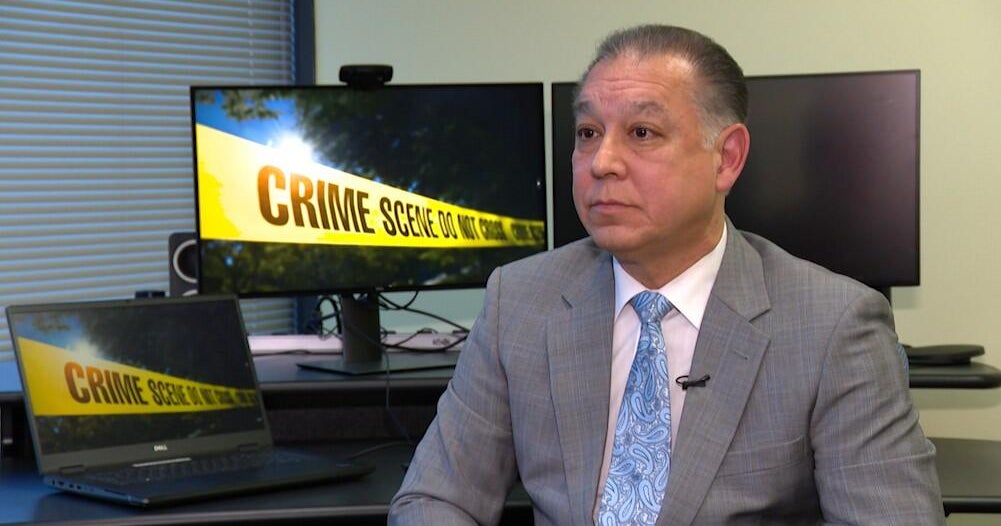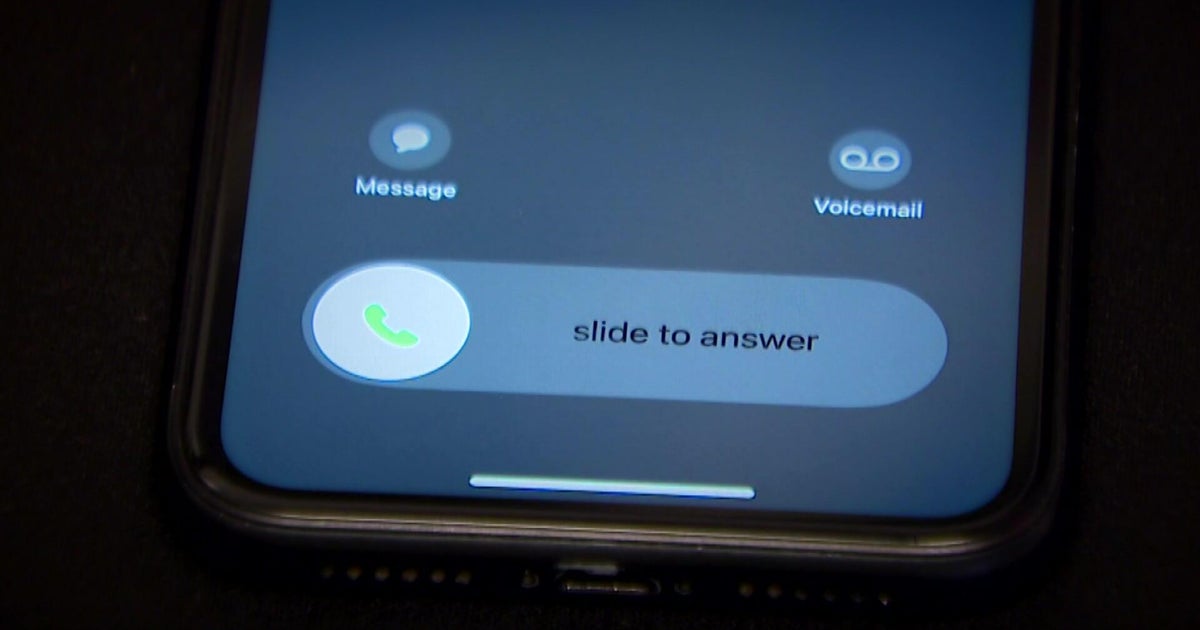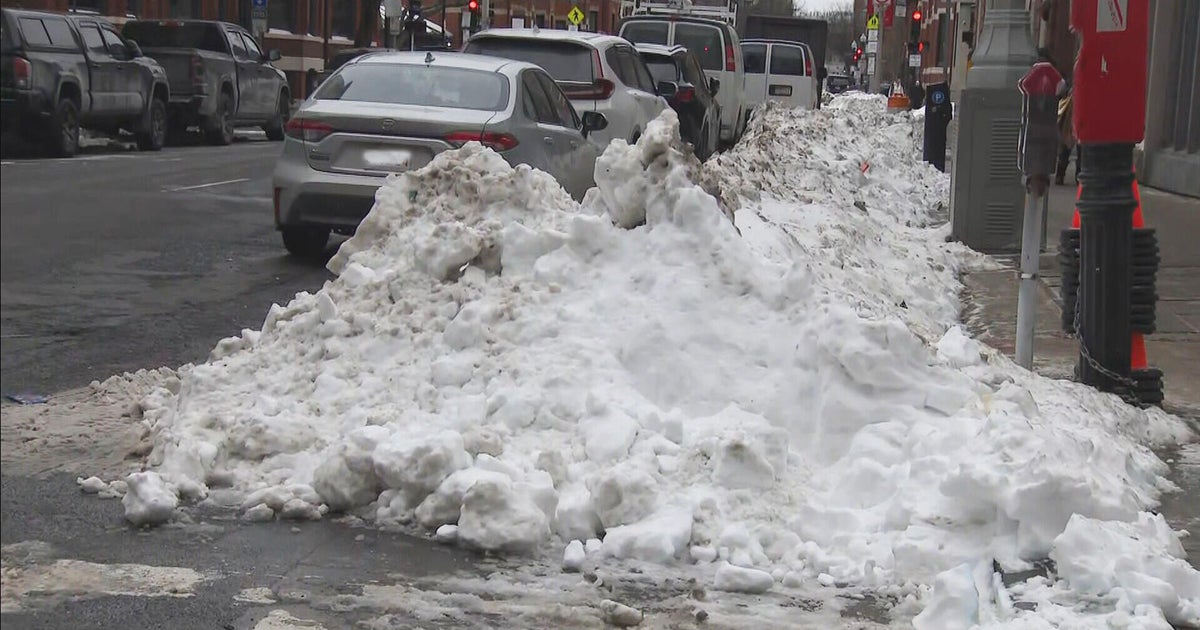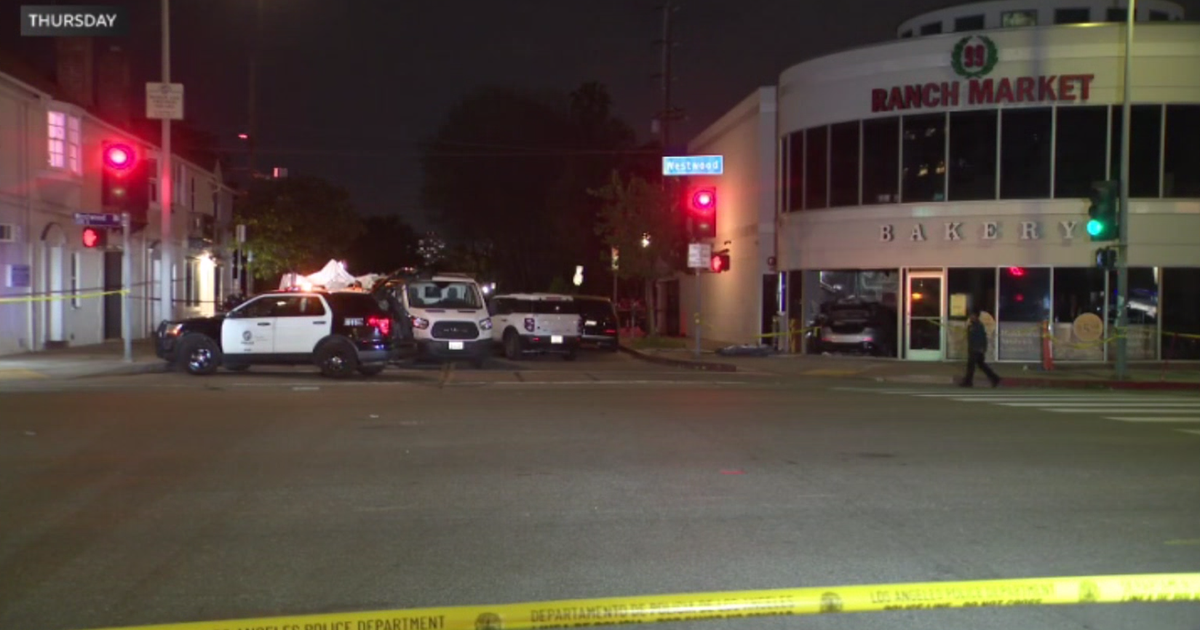Government agent imposters scam Facebook users out of nearly $67 million
CHICAGO (CBS) – Handing over gift cards to collect a bigger prize is never legitimate, but people continue to fall for the trick.
What is so convincing?
CBS 2 explored how a suburban man and thousands of other consumers missed the warning signs and lost millions of dollars.
Mike's mind was clouded by the prospect of a giant payout.
Reporter: "What were you gonna do with $200,000?"
Mike: "Pay off my bills!"
Many have had the same fantasy, imagining what they would do if nearly a quarter of $1 million popped on the horizon.
"I was excited," said Mike, who concealed his face during his interview with CBS 2.
Mike was so excited that he missed all the red flags.
The $200,000 offer came through Facebook. It was a "federal grant" from someone named "Agent John Williams." He needed $800 upfront to deliver the money. Mike was instructed to pay in gift cards, then Agent John Williams kept asking for more.
Mike collected several CVS receipts after all the times he went back to a Hillside CVS store to buy the gift cards. He paid the agent more than $2,000, but the big payday never came.
Mike blamed a family member who sent pictures of her "winnings" and told him to "calm down" when he got suspicious. That's not all that tricked him.
Videos and other content from grateful, supposed grant recipients were all over Agent John Williams' Facebook page.
"When I see those people like, with checks, I mean, I said, 'Wow. Ok. This is real!'" Mike said.
With 20,000 "likes," CBS 2 started to wonder how many other people were falling for Agent John Williams' scam. We found at least 575 Facebook accounts use the same name "Agent John Williams."
When CBS 2 asked for records from the Federal Trade Commission, it turned out consumers reported losing nearly $67 million to government imposters who were lurking, specifically on Facebook.
So, how can other people protect themselves?
One thing to try before sending money to any strangers online is to use Google Image Search to see if their photo pops up anywhere else. In Agent John Williams' case, his photo turned up on several other Facebook pages belonging to other "agents" all using the same photo.
Another red flag is if the person is using a famous person's photo, like one Agent John Williams page using an image of former President George W. Bush.
Facebook's parent company, Meta, said, "We prioritize enforcement against fake accounts that seek to cause harm."
So why is Meta's technology failing to catch multiple accounts using the same picture? Why are there more than 500 pages under the same name? Meta is investigating those questions, a spokesperson said.
CBS 2's Lauren Victory hopped in as a ghostwriter when Mike's scammer messaged him during an interview. She revealed she was a reporter.
"Who are you?" she wrote the scammer. "Why are you doing this to people?"
When CBS 2 reached out to Agent John Williams later, he kept saying his was a "real and legitimate" program and even claimed to be "woman of God." Then he added, "Can you apply for the grant also and see what will happen?"
CBS 2 already knew what would happen.
"We really need help on stopping this Agent John Williams," Mike said. "That's why I'm trying to put it out there."
"Agent John Williams" told Mike he was doling out grants for the U.S. Agency for International Development (USAID). CBS 2 contacted real government employees who work for USAID who confirmed, "USAID does not solicit funding or grants through social media messaging platforms, and never requires an individual to provide any funding to work with USAID. We have reported this fraudulent account to the appropriate channels."
That's also why CBS 2 reported the fake federal agent and all his accounts to Meta. The page that scammed Mike was gone a few days later because Meta removed it.
Meta continued to review the hundreds of other Agent John Williams pages. The company said it is working to improve its fake account detection technology that flags millions of accounts every month.
In a statement, Meta said, "Scams are unfortunately used to deceive, defraud, and manipulate people across the internet. People who impersonate others on Facebook and Instagram violate our policies and we remove this content when it's found – like in this case. Our work in this area is never done, and we continue to invest in detection technology and work with law enforcement to prosecute scammers."
To report suspicious Facebook profiles, you can go to this link to report them.







